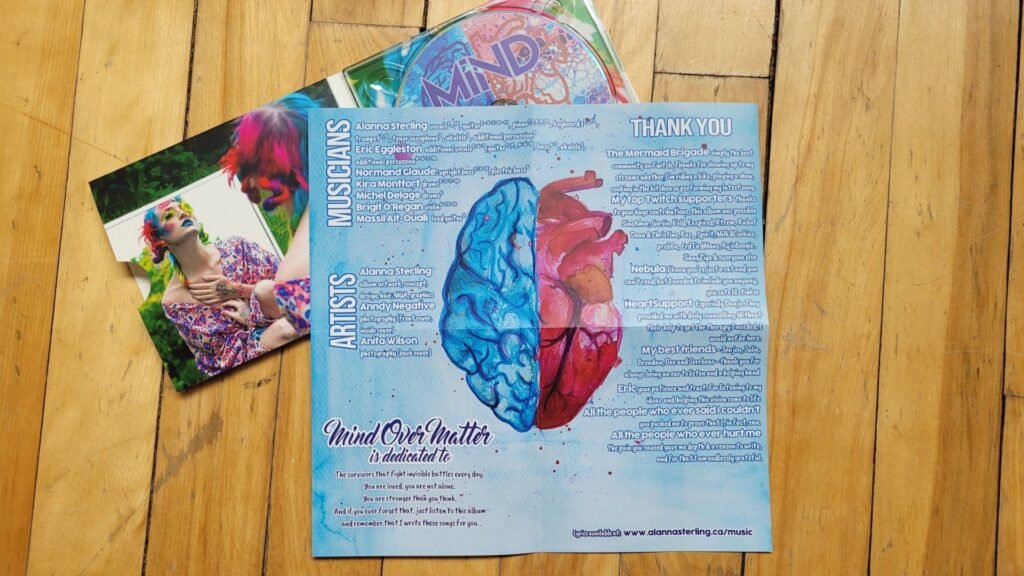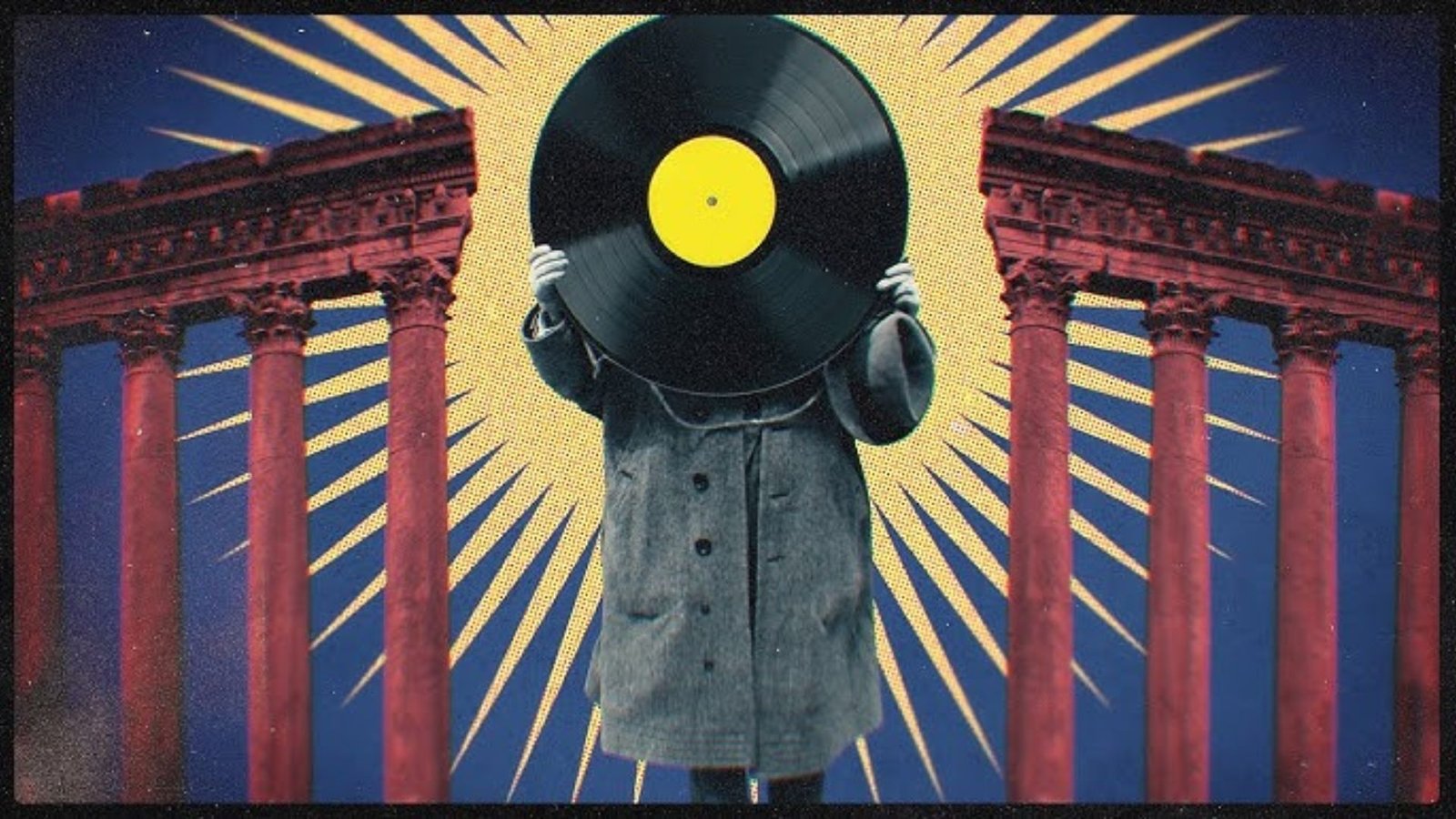The Concept Album: What It Is and Why It Matters
What is a Concept Album?
A concept album is a collection of songs united by a central theme or narrative. Unlike traditional albums, where songs can be unrelated, a concept album tells a story or explores a specific idea throughout its tracks.
The term “concept album” became popular in the 1960s with artists like The Beatles and Pink Floyd. However, the idea has roots going back much further, with classical composers creating thematic works for orchestra.
A concept album can be based on any theme: a personal journey, social issues, fantasy, or even a historical event. What sets it apart is the consistency in theme, which links each song together.

How a Concept Album is Structured
A concept album typically follows a specific structure to keep the theme cohesive. Here’s how it works:
- Opening Track: The first song introduces the theme or story.
- Thematic Development: The middle tracks explore the theme in-depth, often offering different perspectives or progressing through a narrative arc.
- Climactic Moment: Near the end, the album often reaches a high point—emotionally or musically.
- Resolution: The closing track resolves the story or ties up the theme, leaving a lasting impression.
For example, The Wall by Pink Floyd takes listeners through the protagonist’s struggles, building intensity before offering a dramatic conclusion.
Why Concept Albums Matter
Concept albums are more than just a collection of songs—they offer a deeper, more immersive experience. Here’s why they matter:
- Artistic Expression: Concept albums allow artists to showcase their creativity in a unified way. The theme provides a canvas for exploring ideas beyond individual songs.
- Storytelling: These albums give artists the opportunity to tell a compelling story. Fans can get lost in a world where each song adds a new layer to the narrative.
- Cohesion: Concept albums are cohesive. Every track serves the larger picture. This approach provides a unique listening experience that is hard to find in traditional albums.
- Innovation: Many concept albums push boundaries. They challenge artists to experiment with different sounds, structures, and genres. For instance, progressive rock bands used concept albums to create intricate musical compositions.
- Connection with Fans: A strong concept can resonate deeply with listeners. The themes in these albums often address universal emotions like love, loss, or hope, making it easy for fans to connect.
Classic Examples of Concept Albums
Some of the greatest albums in music history are concept albums. These albums shaped the industry and continue to inspire artists today. Here are a few examples:
- The Beatles – Sgt. Pepper’s Lonely Hearts Club Band
This album blends music, themes, and even visual elements to create an immersive experience. It’s a perfect example of how a concept can push musical boundaries. - Pink Floyd – The Wall
A tale of isolation, loss, and rebellion, this rock opera is one of the most famous concept albums ever made. The album’s narrative is as influential as the music itself. - David Bowie – The Rise and Fall of Ziggy Stardust and the Spiders from Mars
Bowie’s alter-ego, Ziggy Stardust, drives this concept album about fame, identity, and the alienation that comes with it. The album’s creative scope helped define Bowie’s legacy. - The Who – Tommy
Tommy is a rock opera about a boy’s journey through trauma to self-realization. Its themes of spirituality and personal growth are timeless.
Conclusion
Concept albums are a special type of musical work that offer listeners a deeper, more cohesive experience. From The Wall to modern releases, they continue to show that music can be more than just a collection of songs—it can be an immersive journey.
Whether you’re an artist considering creating a concept album or a listener who loves diving into a story through music, the concept album remains an important part of musical history. It allows for creativity, exploration, and connection, giving both artists and fans a unique way to experience music.



